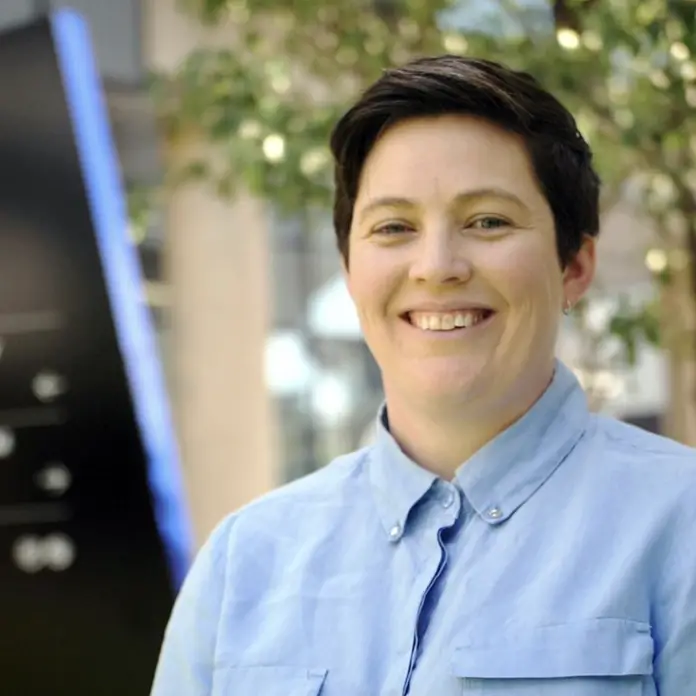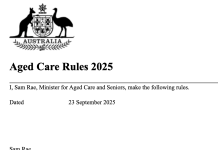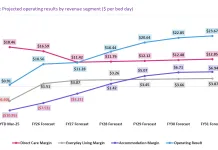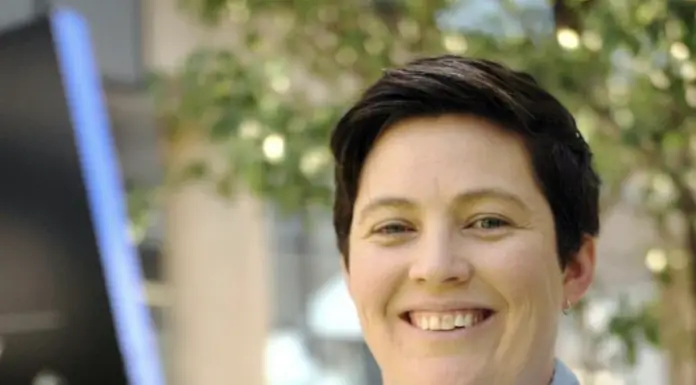
A new project from the University of South Australia is working with regional communities to tackle dementia risk in the bush, aiming to give country Australians the same prevention opportunities as their city counterparts.
The new study, Re-ACTIVate, is the first of its kind to assess dementia risk factors among older rural people, before co-designing practical prevention strategies tailored to regional life. It builds on UniSA’s landmark ACTIVate research, which showed that how older people spend their time can influence cognition and brain health.
Lead researcher Associate Professor Ashleigh Smith, a cognitive ageing expert, said dementia is not an inevitable part of ageing, with nearly half of cases linked to modifiable behaviours such as smoking, diet, exercise and social connection.
“People in rural and remote communities face different challenges to those in cities — including fewer health services, limited access to exercise facilities, and different social patterns,” she said. “This project will identify those risks and work with communities to create prevention strategies that are both practical and effective.”
Around 425,000 Australians currently live with dementia, a number expected to rise above one million by 2065. UniSA PhD candidate Britt Burton said rural communities were strong and resourceful, but often lacked support systems for older residents.
“With services stretched and younger people moving to cities, it’s vital we partner with rural communities to co-design health strategies that keep people connected, active and healthy as they age.”
UniSA PhD candidate Britt Burton
Over the next six months, the UniSA team will map services in towns including Port Lincoln, Berri and the Yorke Peninsula, and co-develop a dementia prevention toolkit — a set of easy-to-use resources to help people reduce their risk and protect brain health.
“This is about equity,” Assoc Prof Smith said. “By putting rural communities at the centre, we can create tailored solutions that genuinely reflect regional life and improve outcomes for generations to come.”
The project is currently seeking participants aged 60–80 from the Yorke Peninsula, and adults over 18 from Port Lincoln and Berri for co-design sessions.
To register your interest, or to find out more, please get in touch with Britt Burton: britt.burton@mymail.unisa.edu.au










